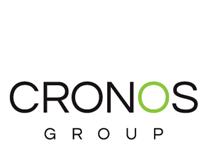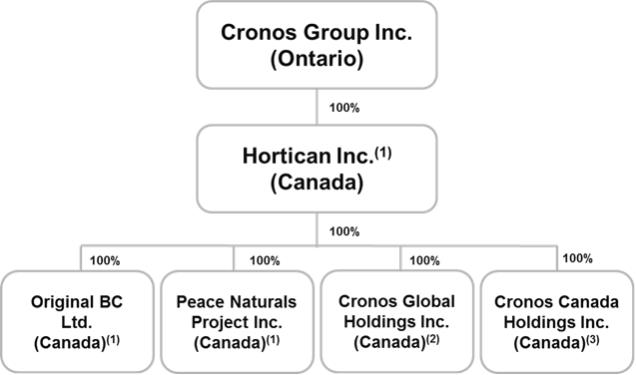In addition, other parties may claim that our products infringe on their proprietary and patent protected rights. There may be third party patents or patent applications with claims to products or processes related to the manufacture, use or sale of our products and processes. There may be currently pending patent applications, some of which may still be confidential, that may later result in issued patents that our products or processes may infringe. In addition, third parties may obtain patents in the future and claim that use of our inventions, trade secrets, technicalknow-how and proprietary information, or the manufacture, use or sale of our products infringes upon those patents. Third parties may also claim that our use of our trademarks infringes upon their trademark rights. Parties making claims against us may obtain injunctive or other equitable relief, which may have an adverse impact on our business. Such claims, whether or not meritorious, may result in the expenditure of significant financial and managerial resources, legal fees, result in injunctions, temporary restraining orders and/or require the payment of damages. In addition, we may need to obtain licenses from third parties who allege that we have infringed on their lawful rights. However, such licenses may not be available on terms acceptable to us or at all. In addition, we may not be able to obtain or utilize, on terms that are favorable to us, or at all, licenses or other rights with respect to intellectual property that we do not own.
Germplasm, including seeds, clones and cuttings, is the genetic material used in new cannabis varieties and hybrids. We use advanced breeding technologies to produce cannabis germplasm (hybrids and varieties) with superior performance. We rely on parental varieties for the success of our breeding program. While we believe that the parental germplasm is proprietary to us, we may need to obtain licenses from third parties who allege that we have appropriated their germplasm or their rights to such germplasm. We seek to protect our parental germplasm as appropriate, relying on intellectual property rights, including rights related to inventions (patents and plant breeders’ rights), trade secrets, technicalknow-how, trademarks and proprietary information. There is a risk that we will fail to protect such germplasm or that we will fail to register rights in relation to such germplasm.
We also seek to protect our parental germplasm, hybrids and varieties from pests and diseases and enhance plant productivity and fertility, and we research products to protect against crop pests and fungus. There are a number of reasons why new product concepts in these areas may be abandoned, including greater than anticipated development costs, technical difficulties, regulatory obstacles, competition, inability to prove the original concept, lack of demand and the need to divert focus, from time to time, to other initiatives with perceived opportunities for better returns. The processes of breeding, development and trait integration are lengthy, and the germplasm we test may not be selected for commercialization. The length of time and the risk associated with breeding may affect our business. Our sales depend on our germplasm. Commercial success frequently depends on being the first company to the market, and many of our competitors are also making considerable investments in similar new and improved cannabis germplasm products. Consequently, there is no assurance that we will develop and deliver new cannabis germplasm products to the markets we serve on a timely basis.
Finally, we seek to protect our germplasm, hybrids and varieties from accidental release, theft, misappropriation and sabotage by maintaining physical security of our premises. However, such security measures may be breached and we may not have adequate remedies in the case of any such breach.
We license some intellectual property rights, and the failure of the owner of such intellectual property to properly maintain or enforce the intellectual property underlying such licenses could have a material adverse effect on our business, financial condition and performance.
We are party to a number of licenses, including through MedMen Canada and the Ginkgo Strategic Partnership, that give us rights to use third-party intellectual property that is necessary or useful to our business. Our success will depend, in part, on the ability of the licensor to maintain and enforce its licensed intellectual property, in particular, those intellectual property rights to which we have secured exclusive rights. Without protection for the intellectual property we have licensed, other companies might be able to offer substantially similar products for sale or utilize substantially similar processes, which could have a material adverse effect on our business, financial condition and results of operations.
Any of our licensors may allege that we have breached our license agreement, whether with or without merit, and accordingly seek to terminate our license. If successful, this could result in our loss of the right to use the licensed intellectual property, which could adversely affect our ability to commercialize our products or services, as well as have a material adverse effect on our business, financial condition and results of operations.
67

